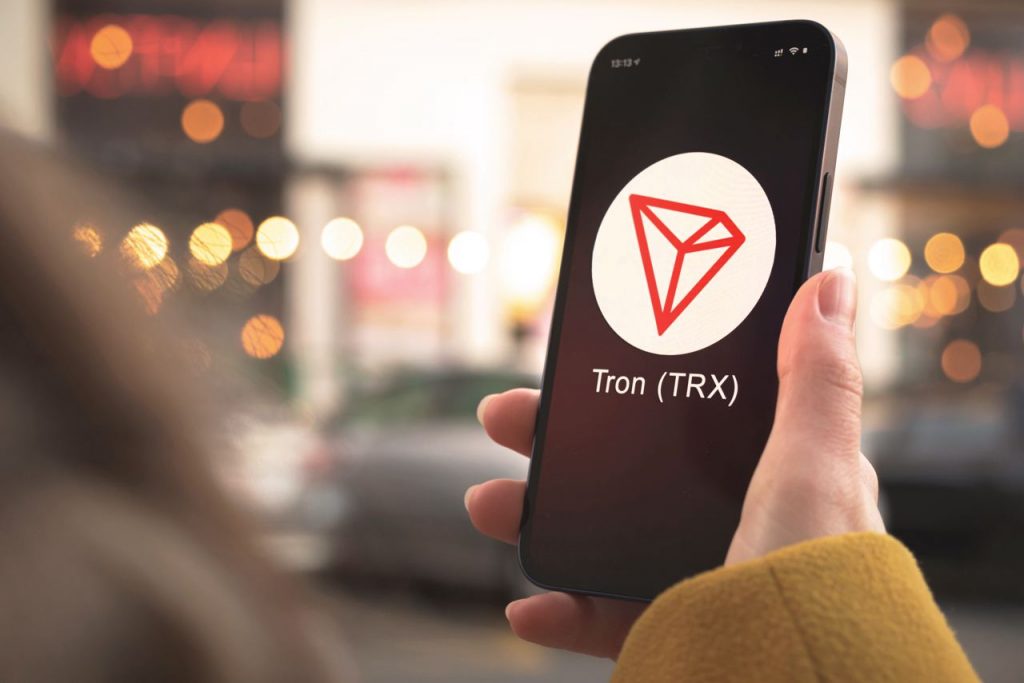The demand for skilled Web3 developers is boosting, leaving companies and agencies struggling to fill critical roles. Building a blockchain-powered project in-house can be a challenging task, especially with a limited talent pool and ever-increasing costs.
The future of the internet is undeniably Web3, but for many companies and agencies, the biggest hurdle isn’t the technology itself – it’s finding the skilled developers to build it. The demand for Web3 expertise far outstrips the current talent pool, leaving businesses scrambling to fill critical roles.
This talent shortage creates a major pain point. Deadlines get missed, projects stall, and competitors race ahead with innovative Web3 solutions. But there’s a solution: outsourcing your Web3 development needs.
Why Do You Need the Right Developers on Your Team?

Companies and agencies across industries are recognizing the potential of Web3, the next iteration of the internet built on decentralization and blockchain technology. But capitalizing on this potential hinges on one critical factor: having the right developers on your team.
Web3 developers are a unique breed of programmers with the specialized skills to navigate the complexities of blockchain technology. They possess a deep understanding of decentralized applications (dApps), smart contracts, and the intricacies of Web3 protocols.
These developers are the architects of the future web, crafting innovative solutions that range from revolutionary social media platforms to secure and transparent financial systems. Want to know how we can help you? Talk to us.
But why can’t you simply rely on your existing development team? While your in-house developers may be talented, Web3 is a nascent field with a rapidly evolving technical landscape. Building a team with the necessary expertise from scratch can be a time-consuming and expensive endeavor. This is where Web3 development outsourcing comes in.
Most Challenging Things While Adopting Web3
Several factors contribute to traditional businesses failing to capitalize on Web3. Firstly, many approach it as a fleeting trend, lacking a grasp of its core principles like decentralization and transparency. This often leads to irrelevant solutions that miss the mark with Web3 users.
Secondly, traditional business models built on centralized control clash with the decentralized nature of Web3. Businesses that cling to these outdated models and fail to innovate for a decentralized future are likely to fall behind.
Furthermore, the focus on short-term gains proves detrimental in Web3, a nascent field with long-term potential. Businesses expecting quick returns get discouraged by market fluctuations and the time it takes to build successful projects in this new space. Legacy infrastructure also poses a hurdle. Businesses built on outdated technology struggle to integrate Web3 functionalities effectively.
The cost and complexity of modernization can significantly hinder their ability to compete in the Web3 landscape. Finally, the talent shortage presents a significant challenge. Looking for a talented Web3 developer? Contact us.
10 Crucial Considerations When Scouting for Top-Tier Web3 Developers

The future of Web3 is bright, but building within this innovative space requires the right team. Here are 10 key factors to consider when searching for the ideal Web3 developers to propel your project forward:
- Solidity Expertise (Must-Have)
Solidity is the programming language powering smart contracts on the Ethereum blockchain, the current leader in Web3 development. According to a recent report by Electric Capital, over half of all active blockchain developers (around 55%) use Solidity. Look for developers with a proven track record in writing secure, efficient, and auditable smart contracts. Their portfolio should showcase examples of their Solidity work, ideally audited by reputable security firms.
- Blockchain Understanding (Essential)
Web3 extends beyond just Ethereum. While Solidity is crucial, a well-rounded Web3 developer should possess a strong understanding of various blockchain protocols and consensus mechanisms (Proof-of-Work, Proof-of-Stake, etc.). This ensures adaptability as the Web3 ecosystem continues to evolve. Consider including interview questions that test their knowledge of different blockchains and their potential use cases for your project.
- Full-Stack Development Skills (Highly Valuable)

While some projects may require specialized smart contract developers, many Web3 applications require a full-stack approach. Look for developers with expertise in traditional web development languages (HTML, CSS, Javascript) alongside their blockchain knowledge. This fosters a holistic development process for a seamless user experience. During the interview process, ask them about their experience building full-stack Web3 applications or integrating blockchain functionality into existing web applications.
- Experience with Web3 Tools and Frameworks (Beneficial)
The Web3 landscape boasts a growing collection of specialized tools and frameworks designed to streamline development. Examples include Truffle, Hardhat, and Alchemy. Developers familiar with these tools can accelerate development timelines by up to 20% according to a recent developer survey and enhance code quality through pre-built libraries and functionalities.
- Security Focus (Critical)
Security is paramount in Web3, where financial assets and sensitive data are at stake. Prioritize developers who prioritize secure coding practices, understand common vulnerabilities in smart contracts (like reentrancy attacks), and can implement robust security measures throughout the development process. Look for developers who have experience with security audits and can explain their approach to mitigating potential vulnerabilities in their code.
- Communication and Collaboration Skills (Important)

Effective communication is key to a successful project. Look for developers who can clearly explain complex technical concepts to non-technical stakeholders, collaborate effectively with designers and project managers using tools like project management software, and actively engage in discussions to ensure project goals are met. Conducting a technical interview with a mix of open-ended and scenario-based questions can help assess their communication skills.
- Passion for Web3 and Decentralization (Valuable Asset)
Web3 is more than just technology; it’s a cultural shift. Hiring developers who are genuinely passionate about the potential of Web3 and decentralization can bring a unique perspective and drive to your project. During the interview process, ask them about their interest in Web3 and how their skills can contribute to the advancement of this technology.
- Cultural Fit and Time Zone Considerations (Important for Long-Term Success)
If you’re outsourcing development, consider the cultural fit with the development team. Clear communication is even more critical across geographical boundaries. Evaluate potential time zone differences and how they might impact project timelines and collaboration. Consider using collaboration tools that facilitate asynchronous communication and schedule regular meetings that accommodate time zone differences.
- Portfolio and References (Essential)
A strong portfolio showcasing past Web3 projects is a must. Look for developers with experience in projects relevant to your industry or application type. Request references to get firsthand insights into their work ethic, technical abilities, and overall performance. Speak with past clients to understand their experience working with the developers and the quality of their deliverables.
- Cost-Effectiveness and Payment Structure (Consider Carefully)
Web3 developer rates can vary depending on experience and location. Clearly define your budget and preferred payment structure (hourly, fixed fee, escrow, etc.) upfront. The most cost-effective option isn’t always the cheapest; prioritize developers with the right skill set and proven track record for long-term project success. Consider a combination of fixed fees for well-defined milestones and hourly rates for ongoing maintenance or unforeseen changes.
Conclusion

The future of the internet is undoubtedly Web3, but traditional businesses face a crossroads. A fundamental misunderstanding of Web3’s core principles and a hesitancy to innovate for a decentralized future can lead to irrelevant solutions and ultimately, failure in this new space. Furthermore, the focus on short-term gains and the limitations of legacy infrastructure can cripple attempts to capitalize on Web3’s long-term potential.
The key to success lies in building a strong Web3 development team. By attracting and retaining top talent with the necessary skills and passion for Web3, businesses can overcome these challenges and become key players in shaping the decentralized future. Looking for experienced Web3 developers? Talk to our expert and we will provide you with the specialists who can join your existing team in just one week.



